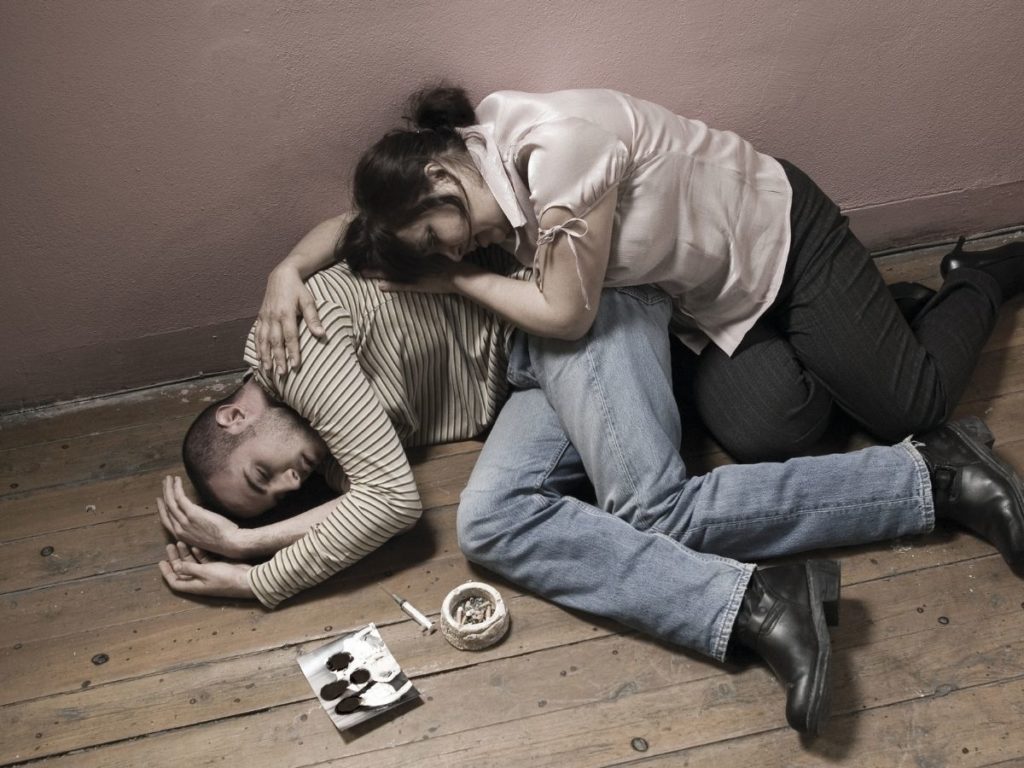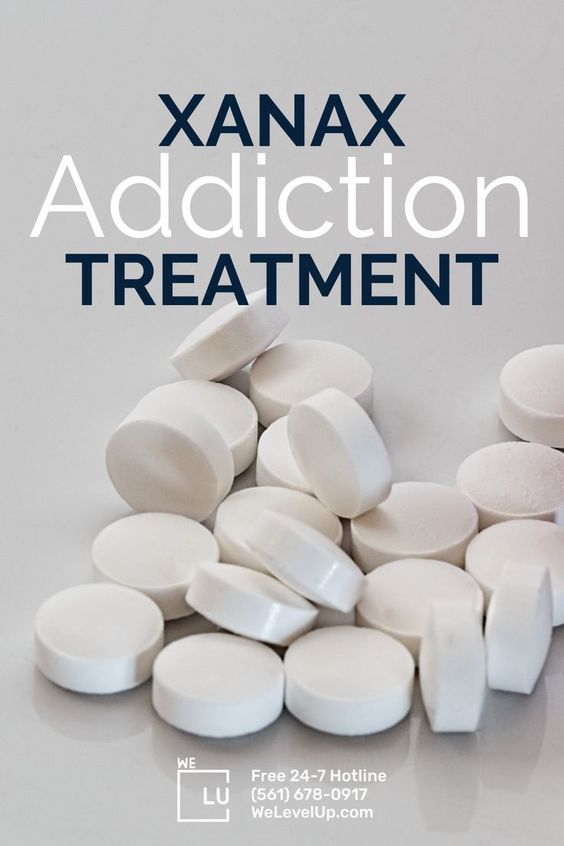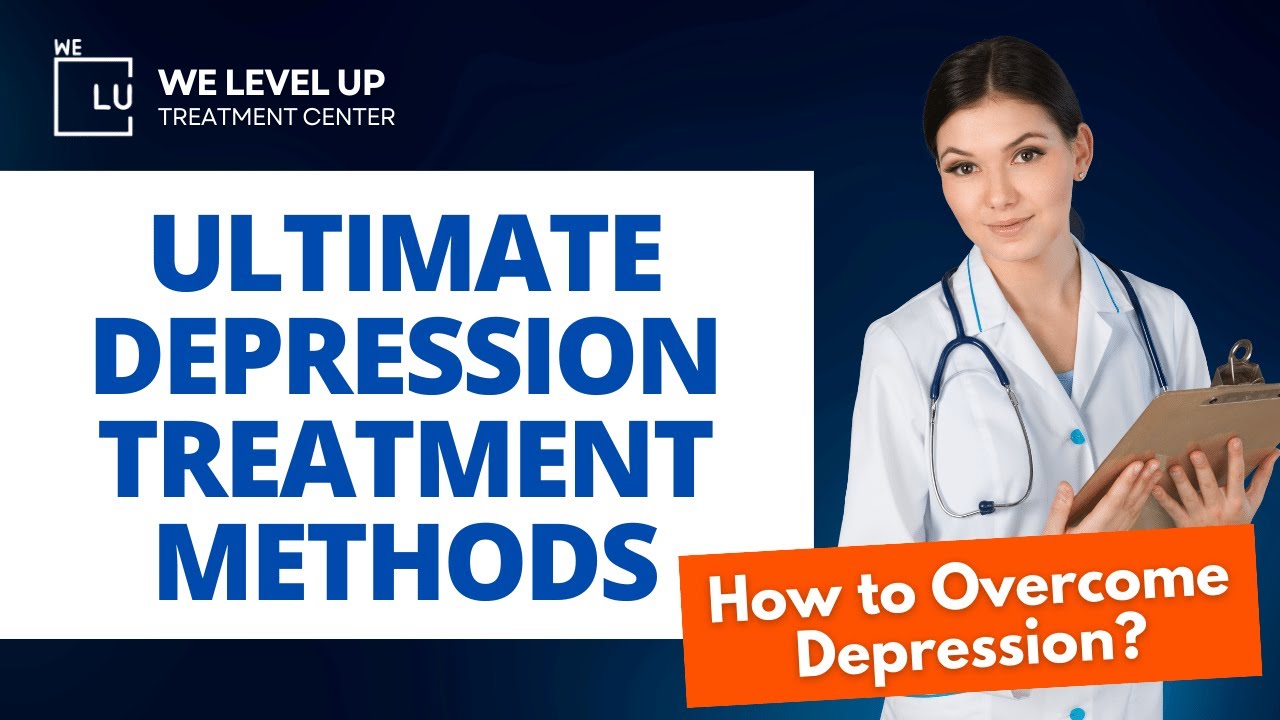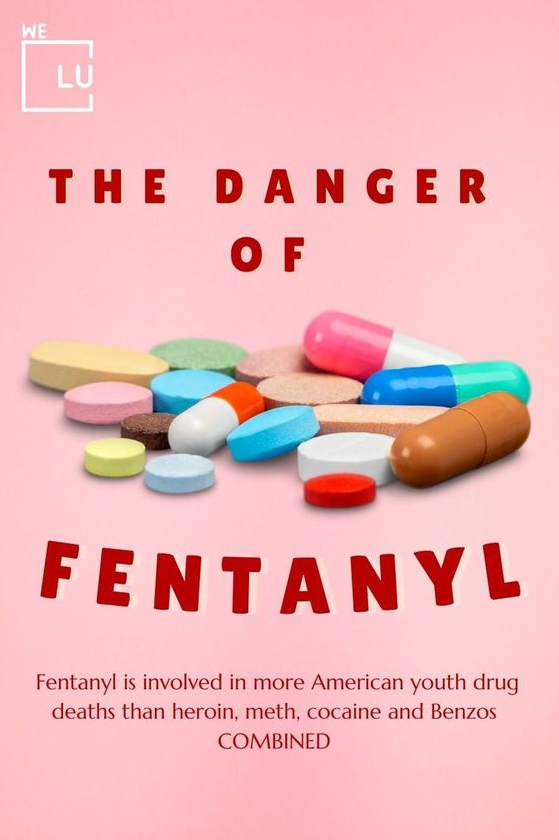What is Heroin?
Heroin can be a white or brown powder, or a black sticky substance is known as black tar heroin. This opioid drug is highly addictive because the excessive use of heroin often develops a tolerance. In other words, users will need higher and/or more frequent doses of the drug to get the desired effects. Given that, a substance use disorder (SUD) may develop when you are abusing heroin. [1]
It is when continued use of the drug causes issues, such as health problems and failure to meet responsibilities at work, school, or home. In this case, there is a range of treatments that are effective in helping people stop heroin addiction.
However, heroin addiction treatment plans should be individualized to meet the needs of the person and it almost always starts with heroin detox to get rid of the toxic chemicals out of the body. Individuals using heroin regularly (example: daily) over a long period of time are expected to experience heroin withdrawal when stopping or reducing their heroin use according to the National Institute of Health. [2]
In 2018 in the United States, about 808,000 people reported using heroin during the past year. In the same year, about 11.4 million people used narcotic pain relievers without a prescription. Careful planning can assist a person with opioid withdrawal, and this requires professional assistance from experts like addiction specialists and therapists.

Heroin is part of a class of drugs called opioids. Other opioids include some prescription pain relievers, such as codeine, oxycodone, and hydrocodone. Addiction and heroin overdose deaths have dramatically increased over the last decade. This increase is related to the growing number of people misusing prescription opioid pain relievers like OxyContin and Vicodin. Some people who become addicted to those drugs switch to heroin because it produces similar effects but is cheaper and easier to get.
How Much Heroin to Overdose
Heroin is mixed with water and injected with a needle. It can also be sniffed, smoked, or snorted. People who use heroin sometimes combine it with other drugs, such as alcohol or cocaine (a “speedball”), which can be particularly dangerous and raise the risk of a heroin overdose.
How Long Does it Take to Overdose on Heroin?
Taking heroin floods your brain with chemicals such as endorphins, dynorphins, and dopamine. The brain naturally releases these hormones in response to pain or after activities like running and eating chocolate. The chemicals produce positive feelings that help us cope with pain and find experiences pleasurable.
After you use heroin, you have far higher concentrations of these chemicals in your brain than is natural. This results in much more intense feelings of pleasure and euphoria than you would normally experience. Your brain connects these euphoric experiences with using heroin, making you want to take the drug again to experience its effects. These new reward pathways are the result of physical changes in your brain cells. They produce urges that are incredibly strong and difficult to overcome.

If you repeatedly use heroin, your body builds a tolerance to the substance, so you need to take more and more to experience the same euphoric feelings. Over time, you develop a physical dependence on the substance. Your brain begins to rely on heroin to produce hormones rather than creating its own. If you stop taking it, you experience a range of debilitating and sometimes dangerous withdrawal symptoms.
Heroin Overdose Symptoms
Overdose is a dangerous and deadly consequence of heroin use. A large dose of heroin depresses heart rate and breathing to such an extent that a user cannot survive without medical help. Labored breathing, seizures, muscle spasms, weak pulse, coma, and spasms of the gastrointestinal tract are all indicators of an overdose. Without medical attention, heroin overdose could result in death.
Signs of Heroin Overdose
There are many signs of an overdose, which occurs when a person ingests too much heroin. The primary indication of an overdose is reduced or stopped breathing. Opioid drugs depress breathing rates, especially in large quantities. Depressed breathing looks like this:
- Shallow breaths
- Gasping for air
- Very pale skin
- Blue tint to the lips and fingertips
Other symptoms of a heroin overdose can include:
- Pinpoint pupils
- Discolored tongue
- Weak pulse
- Low blood pressure
- Disorientation, delirium, or a changed mental state
- Constipation
- Spasms or seizures
- Nausea or vomiting
- Coma
- Extreme drowsiness or an inability to stay awake
Because heroin overdose can be life-threatening, it is extremely important to get medical attention as soon as any of these symptoms appear. Symptoms of an overdose from injected heroin will typically begin about 10 minutes after the individual has taken the dose.
When is an Emergency?
Don’t wait for a heroin overdose emergency to stop your addiction. Substance abuse itself is already an emergency that needs immediate drug addiction treatment. Heroin is an opioid, and it binds to receptors in the brain to release the chemical dopamine. But, this release is only temporary which leaves some people wanting more of the “good” feeling.
Data from 2011 also showed that an estimated 4 to 6 percent who misuse prescription opioids—a broad group of pain-relieving drugs—switch to heroin and about 80 percent of people who used heroin first misused prescription opioids. [3] Moreover, these prescription opioid pain medicines may include OxyContin® and Vicodin®.
The misuse of prescription opioids sometimes begins with legal drugs like painkillers that are prescribed after a surgery or some other injury. If you become addicted to these prescribed medications and cannot obtain them anymore, you may pursue illegal drugs like heroin to achieve the same pleasurable feeling. Therefore, anyone who takes opioids can be at risk for developing an opioid use disorder or an addiction to heroin.
In addition, addiction is multifaceted and can happen to anyone. It can include genetic, psychological, and environmental factors. Other risk factors are:
- Drug availability
- Drug trafficking patterns
- Association with drug-abusing peers
- Beliefs that drug abuse can be tolerated
Heroin Overdose Death
If taken differently than prescribed, opioids can cause death by slowing, and eventually stopping, a person’s breathing. However, quick response to a heroin overdose, including administering naloxone and calling for medical assistance, can prevent brain injury and death.
Heroin overdoses have been rising sharply in the United States over the last several years. In 2015, over 13,000 people died of heroin overdoses in the United States. Heroin is sold illegally, so there is no control over the quality or strength of the drug. Also, it is sometimes mixed with other poisonous substances.
Most people who overdose are already addicted, but some people overdose the very first time they try it. Many people who use heroin also abuse prescription pain medicines and other drugs. They may also abuse alcohol. These combinations of substances can be very dangerous. Heroin overdose in the United States has been growing since 2007. [3]
There has also been a change in the demographics of heroin use. It is now believed that addiction to prescription opioid painkillers is the gateway to heroin use for many people. This is because the street price of heroin is often cheaper than that of prescription opioids.
Heroin Overdose Treatment
Seek medical help right away. Do NOT make the person throw up unless poison control or a health care provider tells you to do so.
In 2014, the U.S. Food and Drug Administration (FDA) approved the use of a medicine called naloxone (brand name Narcan) to reverse the effects of a heroin overdose. This type of medicine is called an antidote. Naloxone is injected under the skin or into a muscle, using an automatic injector. It can be used by emergency medical responders, police, family members, caregivers, and others. It can save lives until medical care is available. [4]
Before Calling Emergency
Have this information ready:
- The person’s age, weight, and condition
- How much heroin they took, if known
- When they took it
Poison Control
Your local poison center can be reached directly by calling the national, toll-free Poison Help hotline (1-800-222-1222) from anywhere in the United States. This national hotline number will let you talk to experts in poisoning. They will give you further instructions.
This is a free and confidential service. All local poison control centers in the United States use this national number. You should call if you have any questions about poisoning or poison prevention. It does NOT need to be an emergency. You can call for any reason, 24 hours a day, 7 days a week. [5]
Heroin Detox and Addiction treatment
The National Institute on Drug Abuse also explained that those who are addicted to heroin and stop using the drug abruptly may have severe heroin withdrawal. Heroin addiction treatment produces symptoms—which can begin as early as a few hours after the drug was last taken— Heroin Withdrawal include:
- Restlessness
- Severe muscle and bone pain
- Sleep problems
- Diarrhea and vomiting
- Cold flashes with goosebumps (“cold turkey”)
- Uncontrollable leg movements (“kicking the habit”)
- Severe heroin cravings
If you are addicted to drugs such as heroin, your very first step in recovery should be to medical detox in a safe and medically supervised setting. That is why We Level Up is here for you. We Level Up TX detox center medically assist patients to clear their systems of addictive substances, such as heroin.
For anyone who suffers from a heroin overdose and addiction, we know that just the thought of having to stop using can cause severe mental distress. Given that, the medical detox center will help you manage the medical detox process. A comprehensive team prescribing medications can alleviate your withdrawal pains while monitoring your health 24 hours. Assuring both your safety and comfort.

We Level Up TX’s thorough approach to rehabilitation supports several levels of care to ensure the best possible outcome for every patient who enters our doors. From an intensive and more supportive atmosphere for those in the early days of recovery to a comfortable residential-style living dynamic upon completion of detox, we are here to help guide you down the safe and results-based path to your sobriety.
Once detox is complete, a new doorway in treatment opens up, which is referred to as a residential level of care. A residential care program slowly and effectively introduces the individual into an atmosphere of therapeutic growth, marked by Master’s level therapists, clinicians, group counselors, psychiatrists, and a community of like-minded individuals with the same aim: to attain sobriety and live a great life.
Call today to speak with one of our treatment specialists. Our counselors know what you are going through and will answer any of your questions.
Sources:
[1] National Institute on Drug Abuse – https://www.drugabuse.gov/publications/drugfacts/heroin
[2] National Institute of Mental Health – https://medlineplus.gov/ency/article/000949.htm
[3,4,5] Heroin overdose – U.S. Department of Health and Human Services National Institutes of Health





